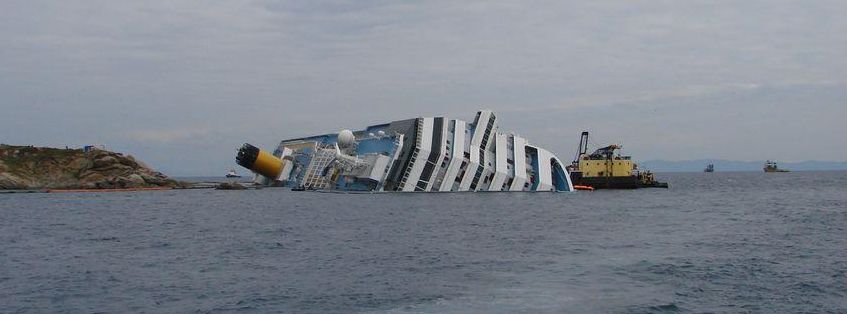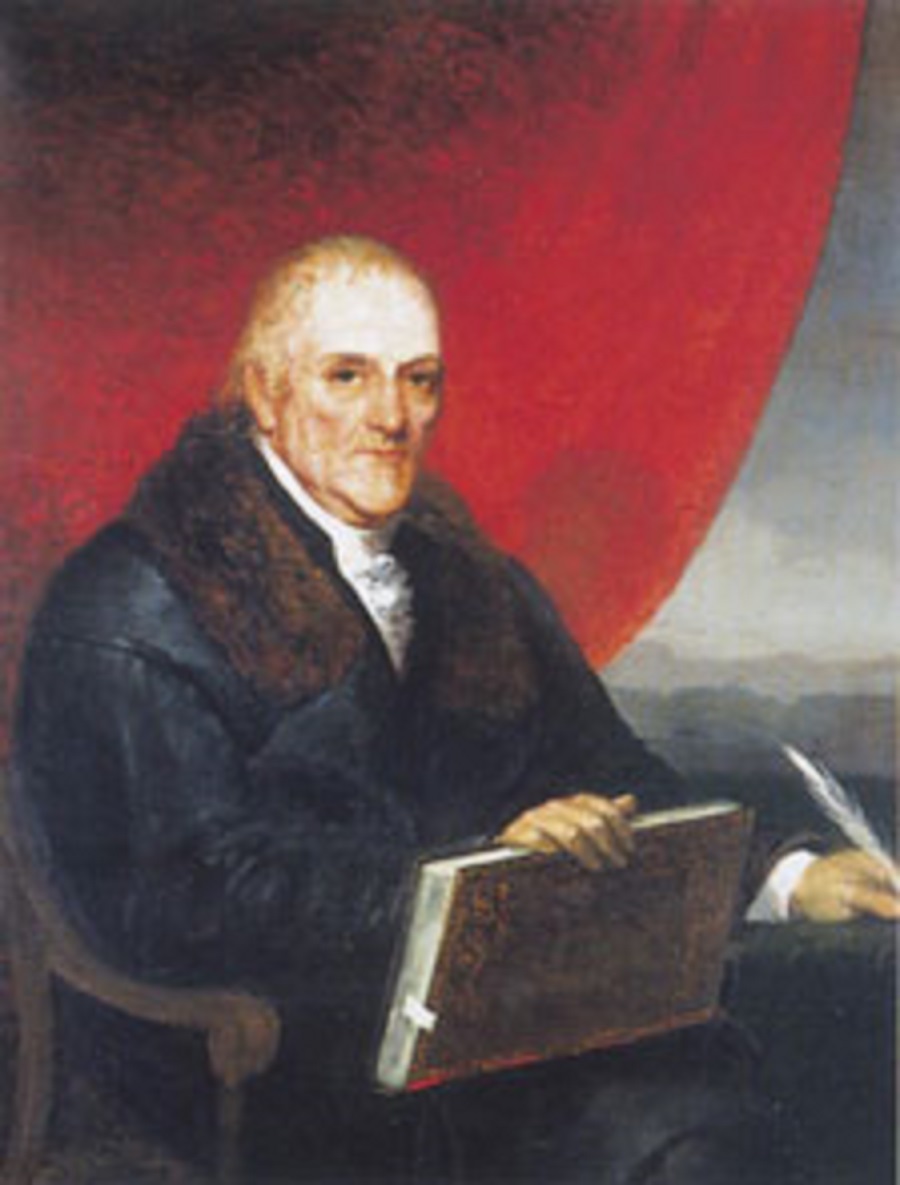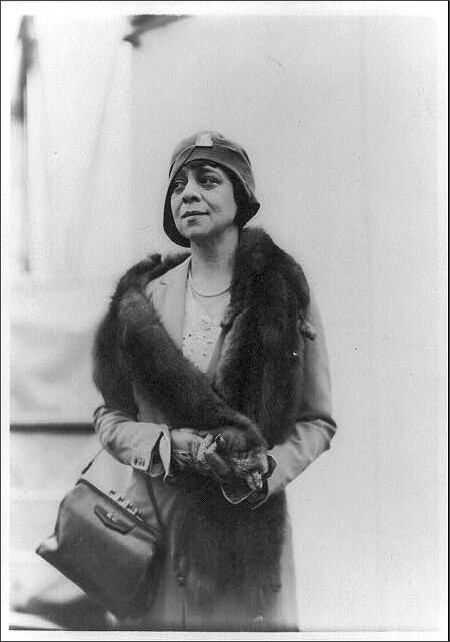On the Fourth of July, Americans gather to celebrate our nation's history with fireworks, barbeques, and family. But many may be surprised to learn that July 4th is not the technical date of American independence—that would be July 2nd, when the Second Continental Congress formally voted in 1776 to separate from Britain. Instead, July 4th is the day that Congress adopted the Declaration of Independence, announcing to the country—and to the world—America's newfound freedom.
So how did Americans come to celebrate the adoption of the Declaration—a document that one of its own authors, John Adams, once described as “dress and ornament rather than Body, Soul, or Substance"—rather than their formal day of independence?



